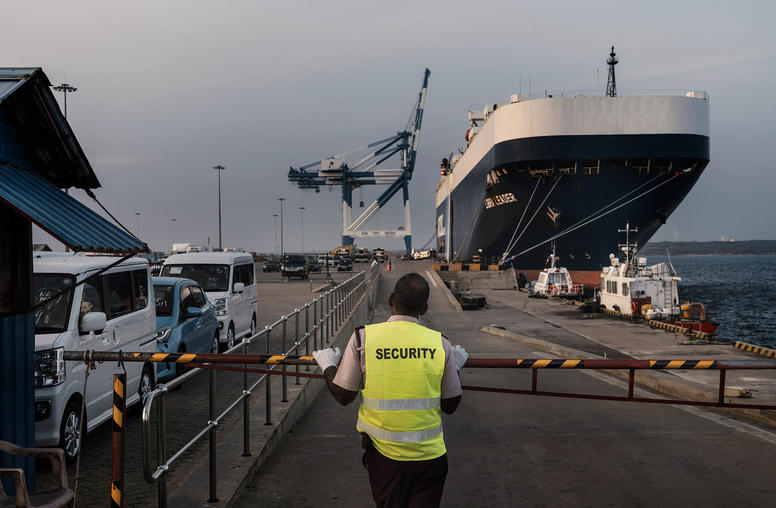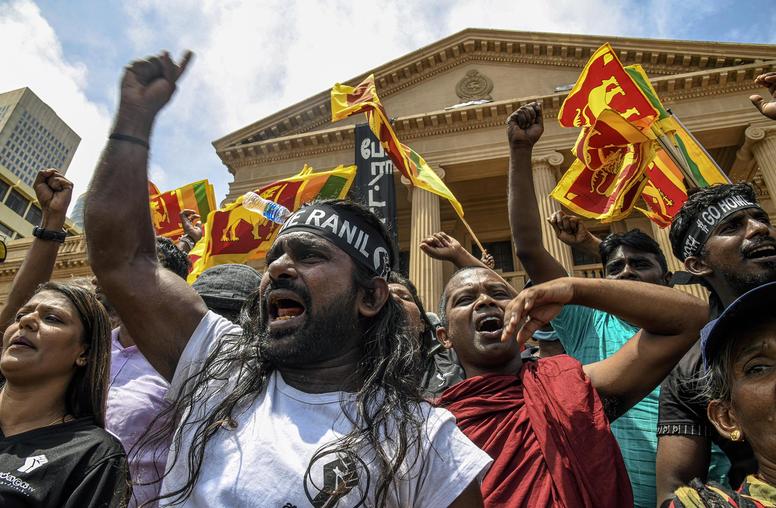Sri Lanka’s Return to War
On January 2, 2008 the government of Sri Lanka announced that it would officially pull out of the 2002 Norwegian-brokered ceasefire agreement it signed with the insurgency group the Liberation Tigers of Tamil Eelam (LTTE). This announcement came in the aftermath of a spate of violence throughout Sri Lanka that rose steeply throughout 2006 and 2007, marked by suicide bombings in and outside of Colombo, political assassinations, military bombardments, and a proliferation of human rights violations perpetrated by various armed actors.
Can anything be done to pull back the government and the LTTE from their recent return to war? What internal factors are preventing political progress to address the ethnic conflict? What external pressures might be applied to persuade the parties to pursue a renewed negotiation process? What factors will need to be taken into consideration for any political solution to find success? What is the likely outcome of Sri Lanka’s return to war?
This pubic workshop will address these and other pertinent questions as panelists highlight the barriers to a peaceful political solution to Sri Lanka’s conflict and potential avenues to renew a successful negotiation process.
Archived Audio
To listen to audio or to view video, please click on the links provided below. You also can right click on the links and choose "Save Target As" or "Download Linked File." This will save the file to your computer and then allow you to play it in your media player directly. More Audio Help.
- Listen to the audio from this event.
1:40:05 - 18.2MB
Speakers
- Teresita Schaffer
Former U.S. Ambassador to Sri Lanka and Director of the South Asia Program at the Center for Strategic and International Studies - Stanley Samarasinghe
Director, Tulane Institute for International Development - Susan Hayward
U.S. Institute of Peace



